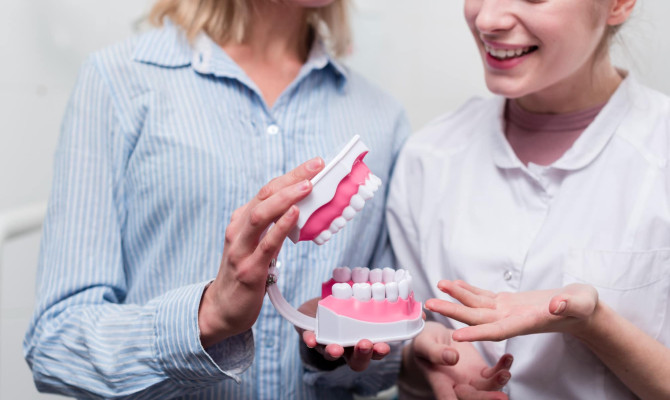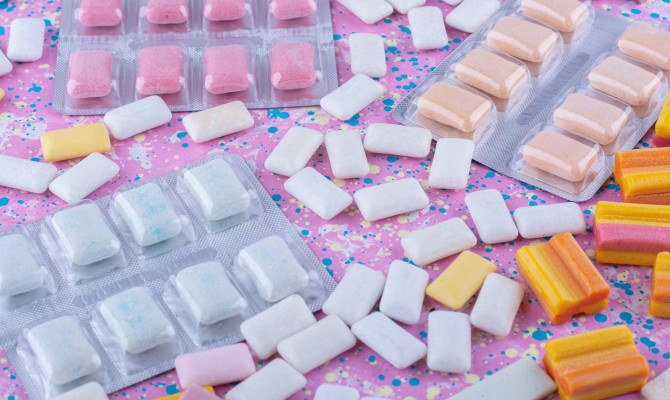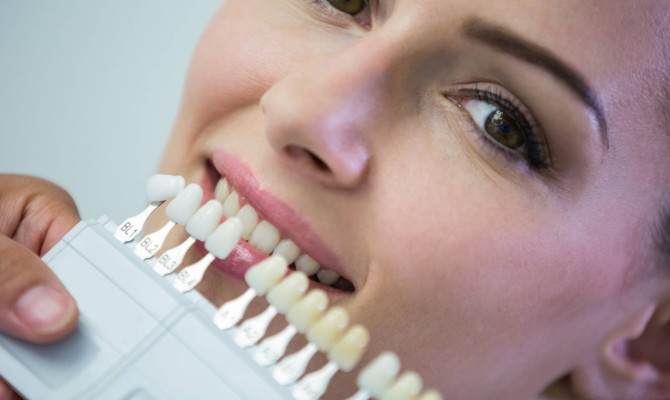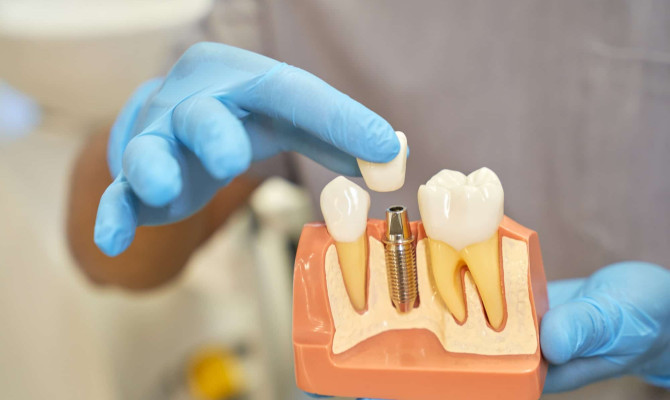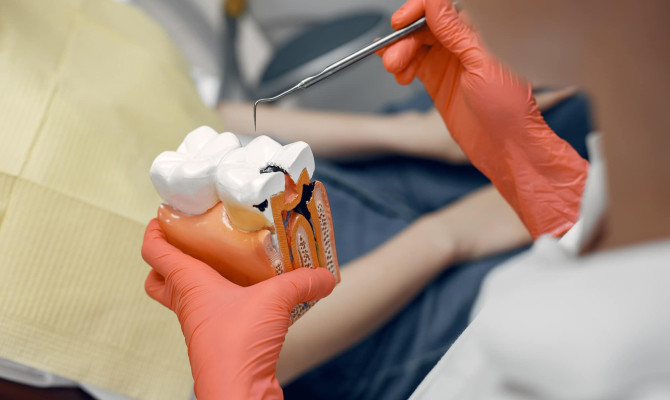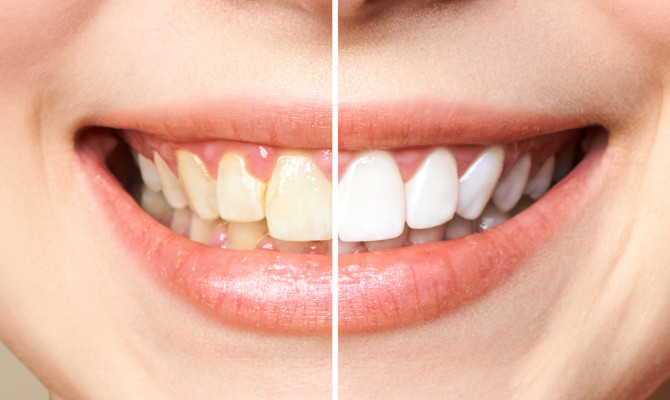Dry Mouth : Understanding and Management

- Dry Mouth
- 16 Aug 2023
Overview
What is dry mouth?
A dry mouth, also known as xerostomia, is the sensation of insufficient saliva in one’s mouth. It is merely a symptom of several illnesses and not a sickness.1Overview | Researched based study from Mayoclinic.org Saliva is a natural mouth lubricant and cleaner that also aids in food digestion. By reducing oral fungus and bacteria, saliva also guards against infection. A person’s mouth becomes dry and unpleasant when their saliva is insufficient. Everybody occasionally experiences dry mouth when anxious, irritated, or stressed. A person should see a doctor, though, if they have a dry mouth or the majority of the time.

Causes
Causes of dry mouth
The following factors can contribute to dry mouth
Medicines
- Including those for asthma, muscle relaxants, Parkinson’s disease, obesity, diabetes, acne, epilepsy, high blood pressure, vomiting, diarrhea, psychological problems, pain, allergies, and colds1Causes | Researched based study from Mayoclinic.org
Dehydration
- Conditions that induce dehydration, including fever, heavy perspiration, diarrhea, vomiting, blood loss, and burns.
Nerve damage
- Dry mouth may result from a head and neck accident or surgery that damages nearby nerves.
Aging
- Due to their usage of specific medicines, changes in their body’s ability to metabolize pharmaceuticals, insufficient dietary intake, and long-term health issues, older individuals are more prone to experience dry mouth.
Some medical conditions
- Such as HIV/AIDS or Sjogren’s syndrome, stroke, diabetes, Alzheimer’s disease, mumps, high blood pressure, anemia, or autoimmune conditions like systemic lupus erythematosus (SLE), rheumatoid arthritis, and thyroid disease.
Chemotherapy drugs
- It can alter the composition and volume of saliva produced. The normal salivary flow may resume if the treatment is over, making this temporary.
Radiotherapy
- Can significantly reduce saliva production in the neck and head, harming the salivary glands.
- It could cause a brief or long-lasting dry mouth, based on the amount of radiation given and the area treated.
Surgery
- Dry mouth can result from surgery that removes salivary glands.
Use of tobacco and alcohol
- Worsen the symptoms of dry mouth.
Drug usage for recreation
- Methamphetamine use can result in severe mouth dryness and tooth decay, known as “meth mouth.”
Mouth breathing
- like snoring or mouth opening during breathing might also cause it.
Symptoms
What are the symptoms of dry mouth?
Signs and symptoms of a dry mouth could include:
- Poor breath.
- Frequently feeling thirsty.
- Mouth dryness and stickiness.
- Too stringy and thick of saliva.
- A painful throat, a dry nose, and hoarseness.
- Difficulty swallowing, talking, and chewing.
- Lip cracks and sores in the mouth.
- The mouth’s corner skin begins to crack.
- A tingling and burning tongue.2Symptoms| Researched based study from Nidcr.nih.gov
- A rough, dry, and red tongue.
- A grooved or dry tongue.
- Decreased or loss of taste.
- Issues with denture wearing.
Vulnerability
Who are at risk?
People that are susceptible to getting a dry mouth include:3Vulnerability| Researched based study from Dentalhealth.org
- Mouth breathers.
- Older People.
- Women are going through menopause.
- Women on hormone replacement therapy after menopause.
- Individuals using long-term medicine for a medical condition.
- People receiving radiation or chemotherapy for cancer.
- People after getting their salivary glands removed surgically.
Prevention
Preventing dry mouth
People can avoid Dry mouth occasionally in some instances by attempting the following:
- Water can help with dryness, so make sure to consume plenty of it to stay hydrated.
- Attempt to breathe via the nostrils rather than through the mouth. (Get your nose treated if it’s plugged.)
- Steer clear of drugs that might cause dry mouth. Inform the physician about your problem.
- To avoid dry mouth at night, try using a humidifier, especially in the bedroom.
- Stay away from coffee, alcohol, and smoke because these might cause dehydration.4Prevention | Researched based study from Clevelandclinic.org
Complications
Associated complications
Xerostomia can result in the following complications:
- Bad breath.
- Sore throat.
- Poor nutrition.5Complications| Researched based study from Nlm.nih.gov
- Loss of appetite.
- Tooth cavities.
- Yeast infection in the mouth.
- Swollen and bleeding gums.
- Toothache or shaky teeth.
- Anxiety and depression. (a result of long-term discomfort)
Diagnosis
How to diagnose dry mouth?
A doctor or dentist will interview patients about their signs and symptoms, past health care, and a list of current or previous drugs before performing a physical examination and diagnosing them with xerostomia.
Physical examination
- Look for saliva on the mouth’s floor.
- Determine whether the saliva is thin and stringy or as fluid as water.
- Determine whether there is little to no saliva coating the teeth and gums and whether the mouth is dry.
- Additionally, look for foul breath and numerous dental cavities.
Laboratory examination
- Erythrocyte sedimentation rate (ESR) may increase, and autoantibodies may be present in autoimmune disorders such as systemic lupus erythematosus (SLE), rheumatoid arthritis, and others.
Tests to measure salivary flow
There are several methods used to assess the condition if necessary, including:
- Sialometry – The doctor makes a diagnosis of decreased salivation when the salivary flow, whether stimulated or unstimulated, is below 0.5 to 0.7 mL/min or less than 0.1 mL/min. 6Diagnosis| Researched based study from Nlm.nih.gov
- Sialography – a method of imaging that can be employed to spot lumps or stones in the saliva.7Diagnosis| Researched based study from Medlineplus.gov
- Biopsy – If a systemic cause, such as sarcoidosis, amyloidosis, or a salivary tumor, is suspected, a salivary gland biopsy may be necessary.
Management
Management of dry mouth
A dentist or doctor may treat dry mouth in the following ways:
- A change in medications – If the doctor thinks the medication is the cause of the dry mouth, they may change the dosage or prescribe a different drug.8Management| Researched based study from Betterhealth.vic.gov.au
- Prescribe products to lubricate the mouth – to lubricate the patient’s mouth, such as mouthwash, artificial saliva, or moisturizers. Mouthwashes made for dry mouth, particularly those that contain xylitol, can be useful since they prevent tooth decay.
- Pilocarpine or cevimeline, for example, can increase salivary output.
- To prevent dental cavities – a dentist may apply fluoride using nighttime trays. Additionally, doctors suggest utilizing chlorhexidine rinse once a week to prevent cavities.
Remedies

Home remedies for dry mouth
People can control their dry mouth; a few simple lifestyle adjustments and home remedies can be tried, including the following
- Drink water all day to keep your mouth moist. Drink water between bites to cleanse the mouth and teeth during eating.
- Use the nostrils to breathe, not the mouth. If snoring makes people breathe through their mouths at night, get help.
- Use a humidifier that produces a cool or warm spray to alleviate the dryness.
- To frequently moisten the mouth, use water mixed with glycerin as sprays.
- Steer clear of caffeine and alcohol as they aggravate dry mouth symptoms.
- Suck sugar-free hard candies or chew sugar-free gum. Xylitol-containing products might potentially aid in cavity prevention.8Remedies| Researched based study from Betterhealth.vic.gov.au
- Try utilizing over-the-counter saliva substitutes from pharmacies.
- Suck on ice cubes or thin ice sheets between the cheeks and teeth.
- Consider using mouthwashes free of alcohol.
- Use a room humidifier at night to provide moisture to the air.
- To relieve dry or cracked areas, moisturize your lips with a lip balm
- Avoid using cigarettes since they might dry up and irritate the mouth.
- Skip the sweet treats.
- To avoid irritating the mouth and throat, avoid acidic and spicy foods.
- Maintain oral health with daily flossing and using fluoride-containing toothpaste.
- Visit the dentist at least twice yearly to have the teeth inspected and plaque cleaned to help avoid tooth decay.
Prognosis
Prognosis of dry mouth
- Depending on the underlying reason, dry mouth can have various outcomes. Some causes, such as the use of certain medications, drinking alcohol, and dehydration, are just transitory and may improve with treatment.
- However, some reasons, such as damage to the salivary glands caused by radiation treatment for cancer or Sjogren syndrome, may result in a lifelong issue, leaving only supportive care as an option.
- Home remedies are frequently effective in treating the symptoms of dry mouth. A dry mouth can cause various dental problems; thus, it is critical to take proper care of one’s teeth by brushing, flossing, and obtaining regular dental examinations. Doing this might help avoid gum disease and tooth decay brought on by a dry mouth.
Any feedback on this article?
 This Articles content was accurate
This Articles content was accurate Very Informative Article
Very Informative Article I have a question or a comment
I have a question or a comment
 This article contains inaccurate content
This article contains inaccurate content This article was not helpful
This article was not helpful I have a question or a comment
I have a question or a comment
We appreciate your helpful feedback!
Checkout our social pages
References
-
Mayoclinic
Dry mouth | Overview | Causes
-
National Institute of Dental and Craniofacial Research
Dry Mouth | Symptoms
-
Oral Health Foundation
Dry Mouth | Vulnerability
-
Cleveland clinic
Dry Mouth (Xerostomia) | Prevention
-
National Library of Medicine
Xerostomia | Complications
-
National Library of Medicine
Diagnosis and management of xerostomia and hyposalivation | Diagnosis
-
Medline Plus
Sialogram | Diagnosis
-
Better Health Channel
Dry mouth | Management | Remedies












